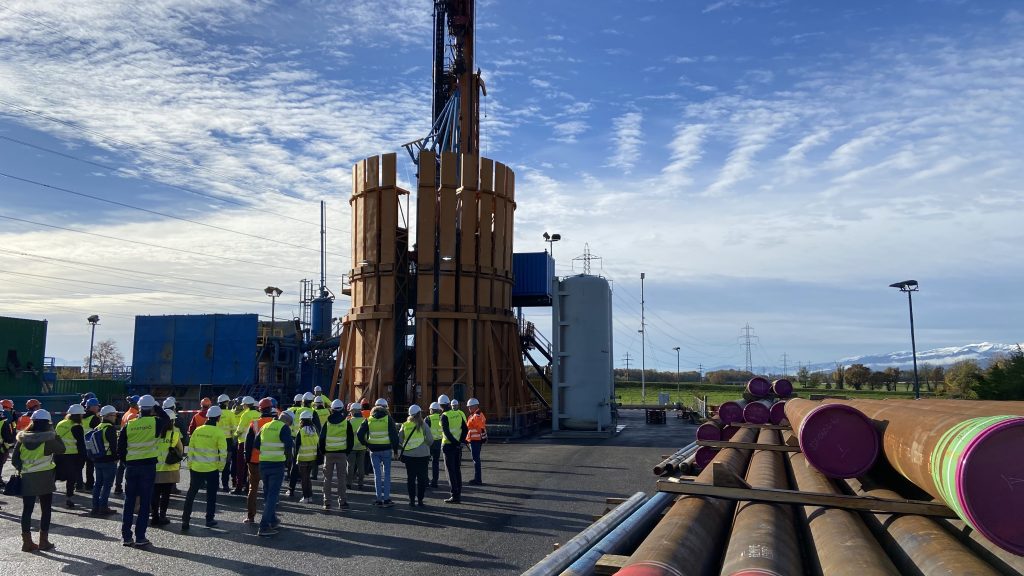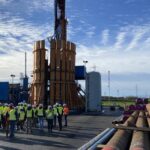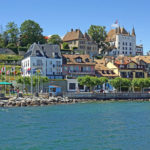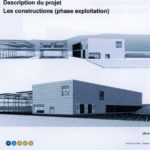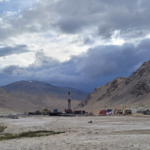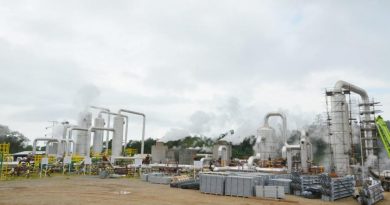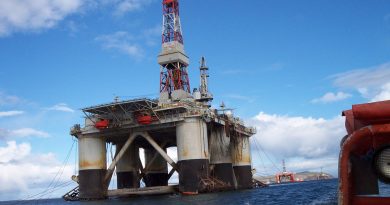Drilling continues at Vinzel geothermal project, Switzerland
Energy Disrupter
A sidetrack well will be drilled to increase the productivity of the existing borehole in the Vinzel geothermal heating project in Switzerland.
An alternative drilling plan has been created for the Vinzel geothermal heating project in Vinzel, Switzerland that will involve drilling a sidetrack well to access the Malm limestone layers. Drilling of the “Vinzel-1 Malm” sidetrack is expected to start by the 6th of April and will take about ten days.
The initial plan for the geothermal well in Vinzel was to target the Dogger formation, a geological layer of naturally fractured limestone. However, productivity tests measured flowrates that were much lower than the flowrate expected for commercial exploitation for this aquifer. With the initial well test results deemed unproductive, an alternative plan for the borehole had to be developed.
With all the data and results from the borehole process, analyzed, and interpreted, the specialists at EnergeÔ had come up with “Plan B.” The well will be diverted at a depth of 750 meters to a North-East direction to target the Malm limestone layers at a vertical depth between 1200 and 1500 meters. This trajectory will also target an intersection with the Saint-Cergue Fault to maximize the chances of finding hot water.
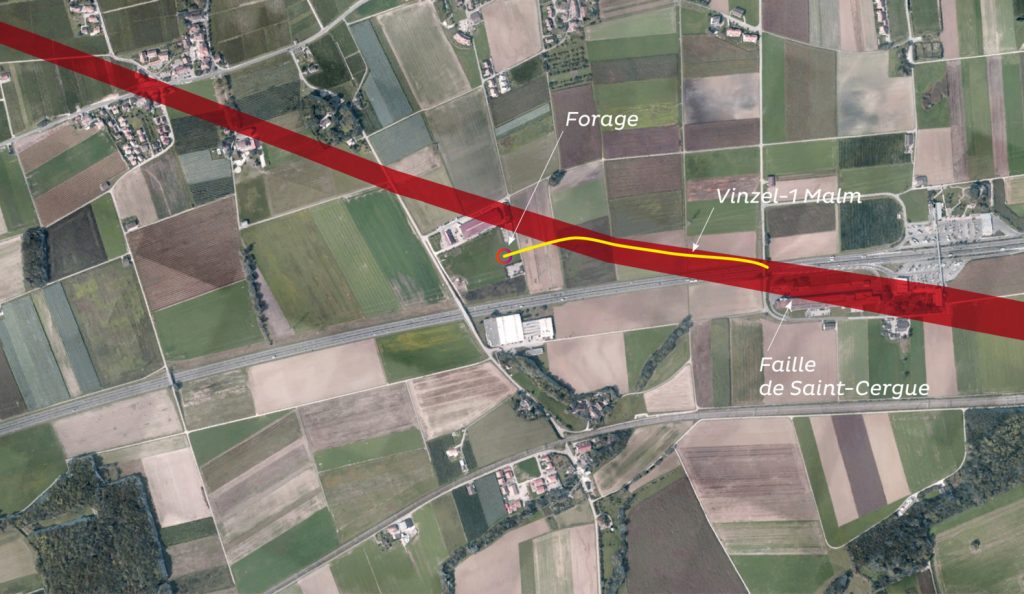
The plan was developed with the assistance of several external experts, as well as specialists who have already works and have solid knowledge on several geothermal projects in the Paris region. Based on valuable advice on heat recovery and in consideration of the conditions in the Malm, a flowrate of 50 L/s and an estimated temperature between 50 to 55 degrees Celsius is expected.
The EnergeÔ teams will be back on the Vinzel site from April 1 to condition the mud and test the stopper block of the well. Operations will officially resume on April 4 with the installation of equipment necessary to start drilling by the 6th of April.
The site at Vinzel had been identified as having a high potential for geothermal after a three-week seismic survey across 30 municipalities in the Nyon and Morges districts.
Source: EnergeÔ


